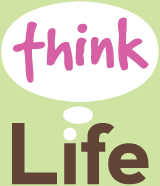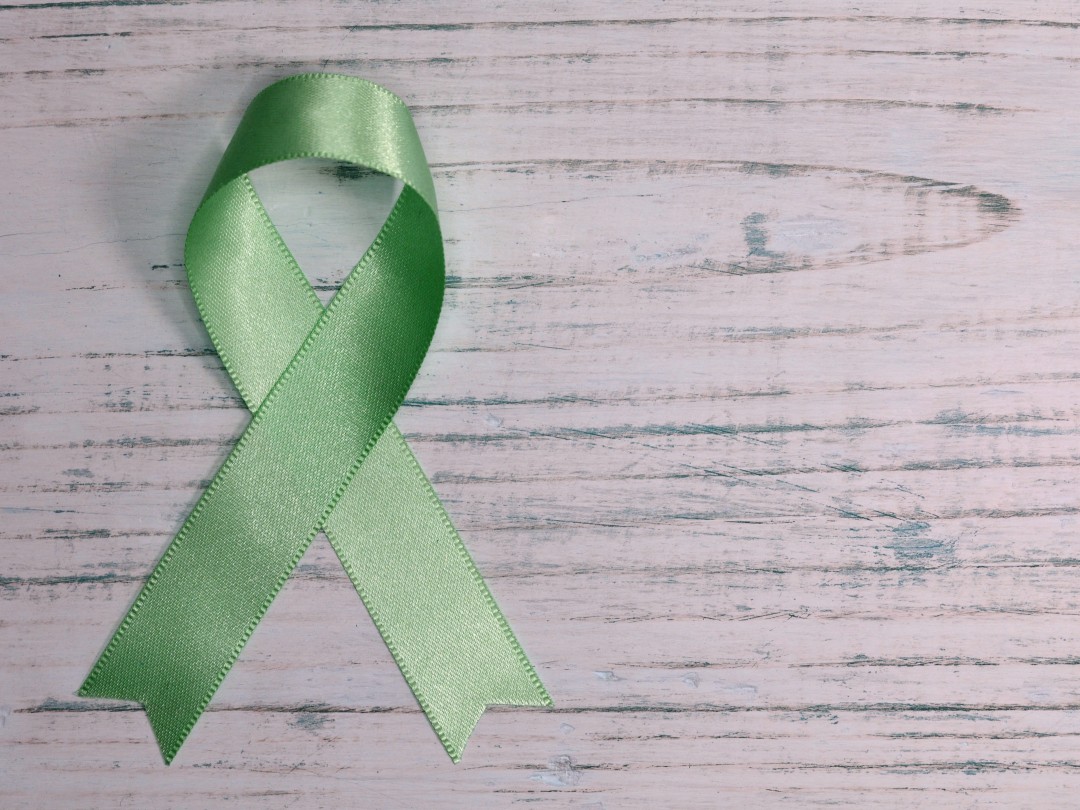COULD WE ALL BE MENTALLY ILL?
Could we all be mentally ill? This may be the diagnosis when the American Psychiatric Association (APA) officially publishes the DSM-5 in May 2013.
What is the DSM?
DSM stands for “Diagnostic and Statistical Manual of Mental Disorders” and is essentially the “bible of psychiatry.” The manual contains a listing of psychiatric disorders, corresponding to a set of symptoms, diagnostic criteria and other information such as prevalence, family history, age, culture, or gender-specific features. Mental health professionals use the DSM for the assessment and diagnosis of mental disorders.
Currently in the psychiatric community a heated debate appears to be raging about proposed changes to the current DMS-4 and its societal impact on the diagnosis of mental illness.
Since its posting in October 2011, a petition launched by the Open Letter Committee of the Society for Humanistic Psychology for DSM-5 Reform has garnered the support of over 50 mental health associations and more than 13,000 individual mental health professionals.
Although the DSM-5 Task Force has made changes to some of its proposals in response to public commentary, a number of DSM-5 proposals are continuing concerns to the Open Letter Committee. Among the concerns expressed in its response to the final DSM-5 draft proposals are:
- The inclusion of new mental disorders based on insufficient and dated scientific data; and
- The expansion of psychiatric boundaries that potentially medicalise and stigmatize normality and may lead to needless and dangerous treatment.
A highly vocal critic of the DSM-5 is psychiatrist and author Allen Frances, M.D., former chair of the DSM-4 Task Force and of the department of psychiatry at Duke University School of Medicine.
In a recent lecture, Diagnostic Inflation: Does Everyone Have a Mental Illness? Dr. Frances, who believes that mental illnesses are being over-diagnosed, explains why he thinks the DSM-5 will lead to millions of people mislabelled as mentally disordered.
This lecture was part of Mental Health Matters, an initiative of TVO (TV Ontario) in association with the Centre for Addiction and Mental Health.
Related articles
- DSM 5 Continues To Ignore Critics (psychologytoday.com)
- Does Everyone Have a Mental Illness? (madinamerica.com)

